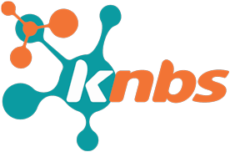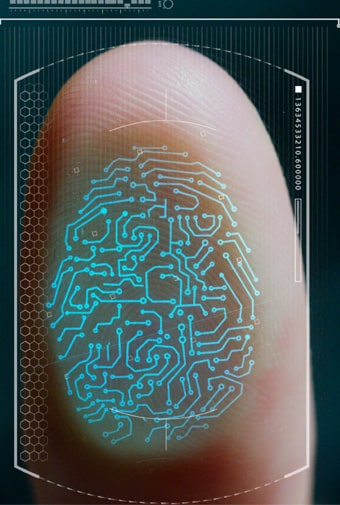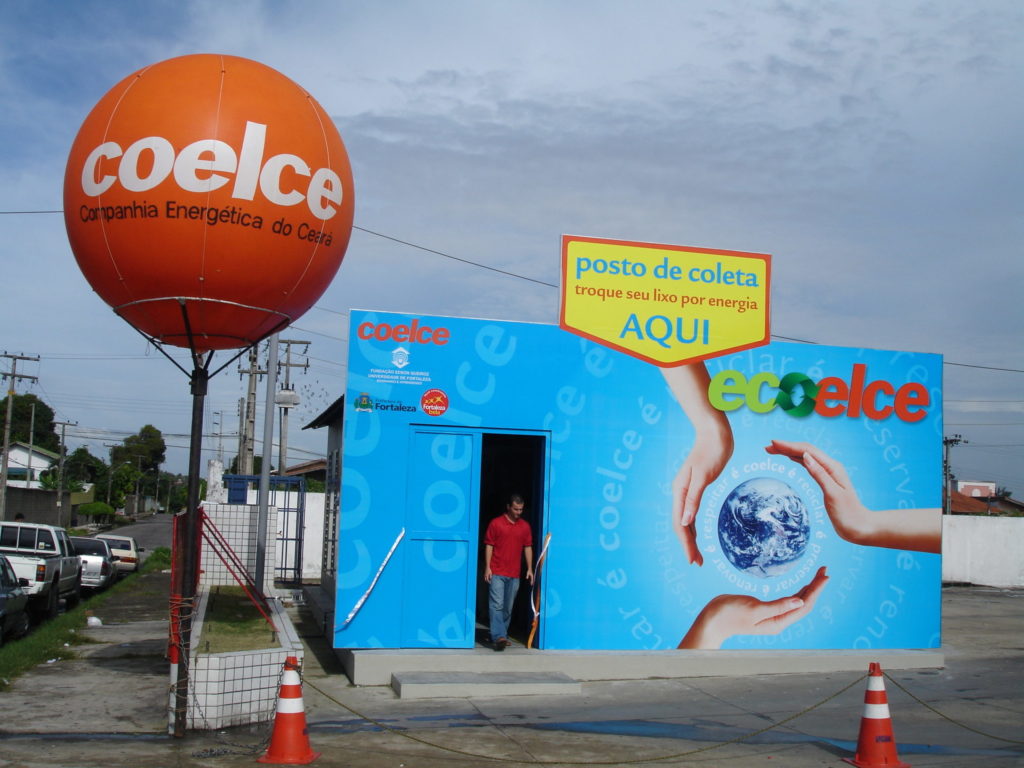
A business model in the solid waste chain
EcoAequo is a very interesting solution for public utilities (energy, sanitation), municipalities, or companies interested in maintaining a broad relationship with the communities where they operate while ensuring greater compliance for the services provided.
It can also be used by retail chains (e.g. supermarket chains), establishing an intelligent customer relationship and loyalty program and being able to gather several participants of the value chain (suppliers) in this ecosystem.
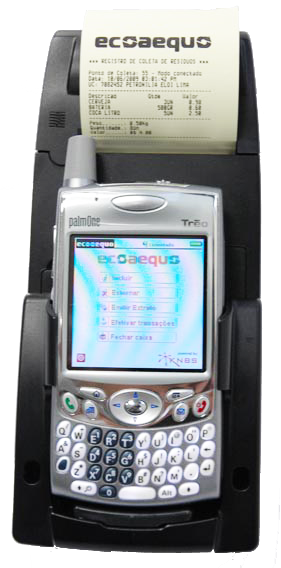
How does the complete EcoAequo program work?
EcoAequo is based on a selective collection program for solid waste with market value.
For you to better understand, let’s take as an example the application of EcoAequo in the energy distribution sector: the exchange of solid waste (recyclable waste) is performed through a value chain formed by customers of the utility, selective collection companies, and the utility itself. The population takes its recyclable material to collection points that act as collection agents and are responsible for its delivery to the recycling industry.
At these stations, the material is weighed and exchanged for bonuses on the energy bill.
Technically this business solution is supported – at the collection points – by transaction registration machines associated with consumer ID cards.
This information is transmitted to the remote management system that enables the control, invoicing, administration, supervision, and auditing of the entire process.
The processing platform offers full data access security. Transactions are organized and controlled.
The operation interface is simple and intuitive, allowing the extraction of statistical, management, commercial, and service data. The production environment is modular and allows the expansion of areas and service stations, as well as new collection companies.
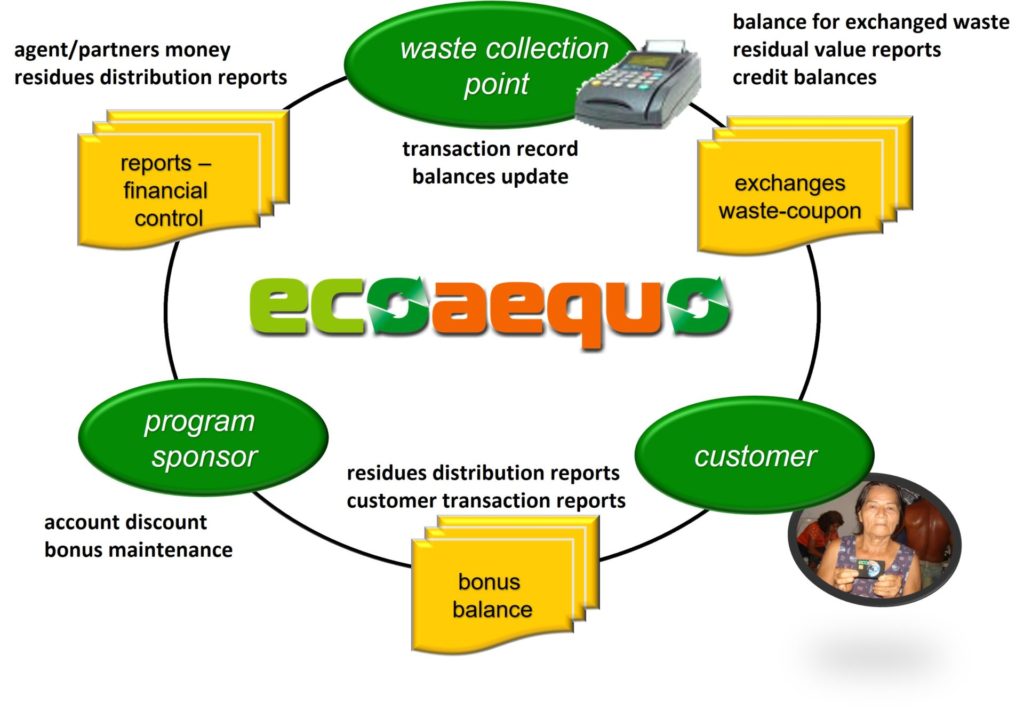
Where and why make EcoAequo available?
EcoAequo is a very interesting solution for public utilities (energy, sanitation), municipalities, or companies interested in maintaining a broad relationship with the communities where they operate while ensuring better compliance for the services provided or a better relationship and greater loyalty from their customers.
How does KNBS operate in this context?
The service and operation performed by KNBS cover the following steps:
-Analysis of business viability in the regions of strategic interest: this step is extremely important because the solution is suitable for regions where end users have their service characteristics, both in the social, cultural, and economic space. The survey and analysis of specific data of the regions of interest allow us to safely plan actions and spaces that are necessary and adequate for the success of the implementation.
-Planning and design of the value chain and support for building the partnerships that make up this chain: this phase allows for surveying possible partners, building and activating partnerships, and – above all – identifying the best points of
implementation, based on existing data and experiences acquired through real situations (history of operational cases), and also evaluating the economic data that allow the financial return.
-Implementation and operation of the entire support system using the SaaS (Software as a Service) model.
The business model based on software as a service allows the client to control the monthly costs of the operation, always proportional to the size of the project to be implemented, without the need to invest in the acquisition of software licenses and with the ease of expansion or reduction whenever necessary.
Recognized and awarded concept
EcoAequo was born from an experience started in 2006 with the utility Coelce as a Research and Development project and gained the local name of ECOELCE.
It was a success story and proved the existence of several benefits along the value chain, providing returns for the community involved, the collection companies, and the power utility.
Elected among the 20 international projects that will compose a television series sponsored by the “United Nations Global Compact”, it was awarded by the UN – World Business and Development Awards.
The award was presented in New York on September 24, 2008, by the International Chamber of Commerce, the International Business Leaders Forum, and the UNDP.
See more information about EcoAequo and the Ecoelce case.

Your trash turning into energy
COELCE | Fortaleza | CE
The partnership between COELCE (Concessionaire of Energy of Ceará), currently part of the ENEL group, and KNBS, resulted in a new concept of relationship with consumers, mainly of low income, also facilitating social and environmental actions to those of higher purchasing power – ECOELCE. This program constituted a new social paradigm and a new way of dealing with and paying the population’s electricity bills.
KNBS designed the business structure of the project, organized the relationship structure between the customer, the utility, and the waste receiving companies, studied the social and financial conditions involved and developed the support system for the assurance and auditing of the transactions performed.
The program consisted of exchanging recyclable garbage (now called waste) for credits on consumers’ electric bills, with an organized destination of the material to the recycling industry.
The scenario for the success of this venture consisted, on the one hand, in the existence of a need to organize the collection of recyclable material (a reality that is manifested by the attention that the informal economy has been giving to this activity which the number, size, and presence of garbage collectors are growing more and more). On the other hand, there is the effort that consumers make for the payment of bills and the Concessionaire for its attendance and control of delinquency, especially for bills of small amounts.
The project’s main objective was to organize a selective collection program for solid residues with market value and, through these, contribute to their destination and provide liquidity to the energy bills of the population, mainly, but not only, of low income.
The program generated a series of social consequences to the extent that it made legitimate and appropriate a network of relationships between individuals and organizations, guaranteeing the entire production cycle. The program’s social approach is of fundamental importance, as it aims not only to promote a technological solution but also to contribute to a cultural and attitudinal change in the population’s way of life, favoring the rational use of natural resources, improving hygiene conditions and, ultimately, collaborating with citizenship practices, sustainability, and the fixation of man in the region.
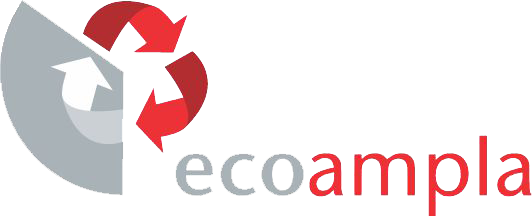
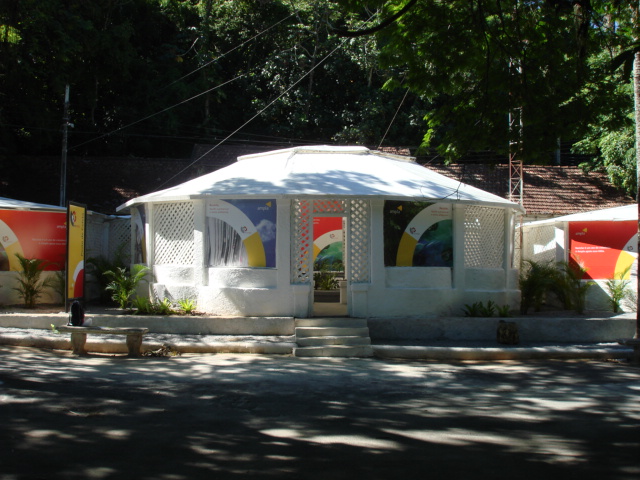
SEE SOME PHOTOS
Smart collection cards
Grupo ENEL | Rio de Janeiro | RJ
The ECOampla Program, from the AMPLA company, also part of the ENEL group, materialized through the implementation of collection stations for recyclable waste. KNBS made the first model station. For this, consumers were given smart card-type collection cards, allowing their identification and individualized treatment. This card also functioned as a store of the transactions made, allowing the collection station to issue statements.
These transactions, stored in the cards, were routed to a centralized transaction server (a high-performance computing platform), stored in a data warehouse, and managed to generate information for the utility’s billing.
To facilitate the proposed future implementation, the collection stations could also be itinerant or set up in existing commercial establishments using partnership agreements. The recyclable material collected was pre-processed and forwarded, by the collection companies, for reuse by the recycling industries in Baixada Fluminense.
